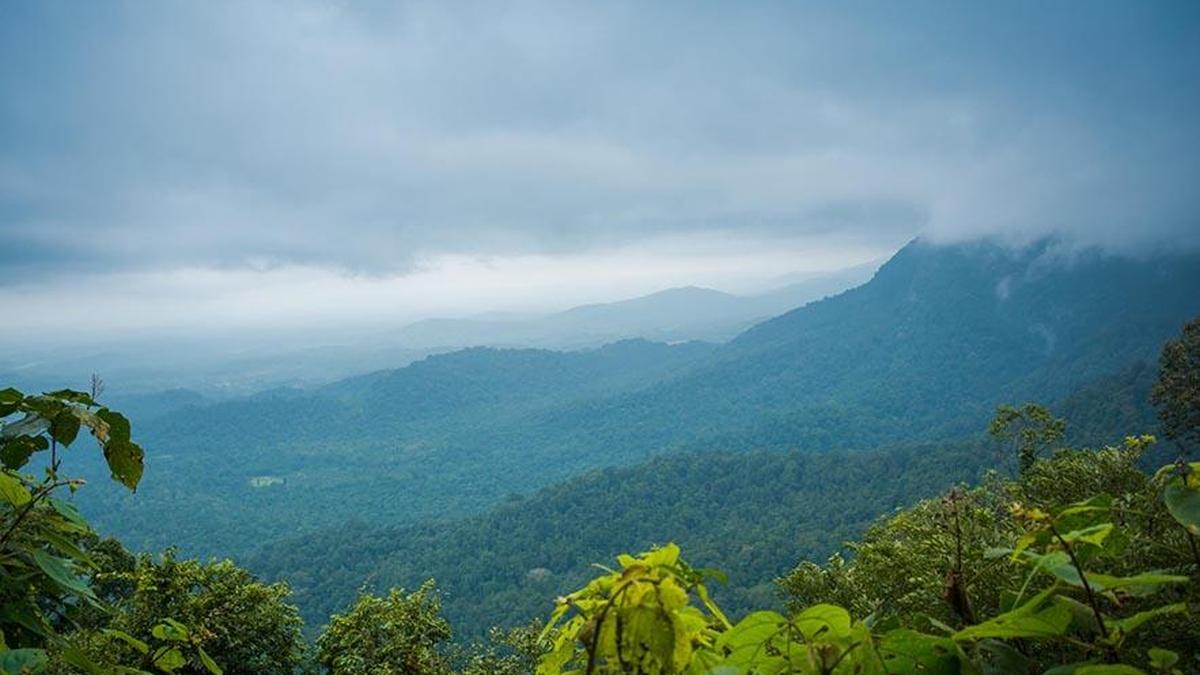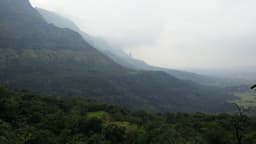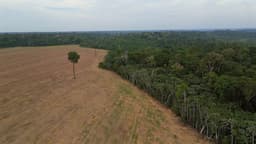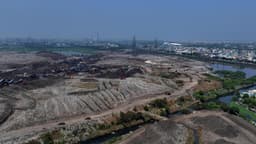Home / Environment / Biodiversity Wins: India Halts Quarrying in Fragile Ghats
Biodiversity Wins: India Halts Quarrying in Fragile Ghats
23 Nov
Summary
- Forestland diversion for stone quarries in Ankola and Karwar rejected.
- Site inspections revealed ecological fragility and biodiversity risks.
- Decisions protect tiger habitats and fragile Western Ghats ecosystem.

The Ministry of Environment, Forest and Climate Change has definitively rejected two proposals seeking to convert forestland in Ankola and Karwar taluks into stone quarries. These critical decisions, based on site inspections, underscore the ecological sensitivity and biodiversity significance of the Western Ghats. Allowing quarrying was deemed a threat to this vital ecosystem.
The rejected proposals involved diverting forestland in Baleguli village, Ankola, and Arav village, Karwar. Inspection reports highlighted the areas' steep, erosion-prone slopes and documented rich floral diversity, including Schedule I wildlife species. The presence of tiger pugmarks further emphasized the region's importance for wildlife conservation.
Environmental observers view these rejections as a strong signal for safeguarding the Western Ghats, an area frequently linked to habitat fragmentation and soil destabilization from unregulated quarrying. Activists advocate for stricter scrutiny of extractive activities in eco-sensitive zones, prioritizing long-term conservation.




